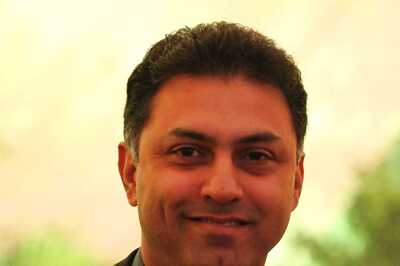
views
window._taboola = window._taboola || [];_taboola.push({mode: 'thumbnails-a', container: 'taboola-below-article-thumbnails', placement: 'Below Article Thumbnails', target_type: 'mix' });Latest News
It is the bounden duty of the State to ensure that private schools do not indulge in profiteering in the name of imparting education and there must be a mechanism to check they do not charge exorbitant fees, a division bench of the Madras High Court has said.
Dismissing a batch of 23 writ petitions challenging the applicability of the TN Schools (Regulation of Collection of Fee) Act, 2009, to the CBSE/ICSE schools, the HC bench comprising justices R Banumathi and R Subbiah said that since the States have concurrent power to legislate regarding the matter of education, the CBSE/ICSE insisted for no objection certificate (NOC) from the State government, so that there may not be any conflict between the rules and regulations framed by the State and that of the CBSE/ICSE. In so far as CBSE/ICSE schools were concerned, the State government had the bounden duty to ensure that the fee collected by them were commensurate with the facilities provided, the bench said.
Accepting the arguments of Advocate-General A Navaneethakrishnan and Additional Government Pleader P Sanjai Gandhi, the bench said it was incorrect to state that the State government was totally alien to have control over the CBSE/ICSE schools under the Act. It was the State which could exercise its domain over all the schools including CBSE/ICSE institutions.
The objective of the 2009 Act was to regulate the collection of fee by schools in Tamil Nadu. Excluding these schools from the ambit of the Act would defeat this very objective, the bench added.



















Comments
0 comment